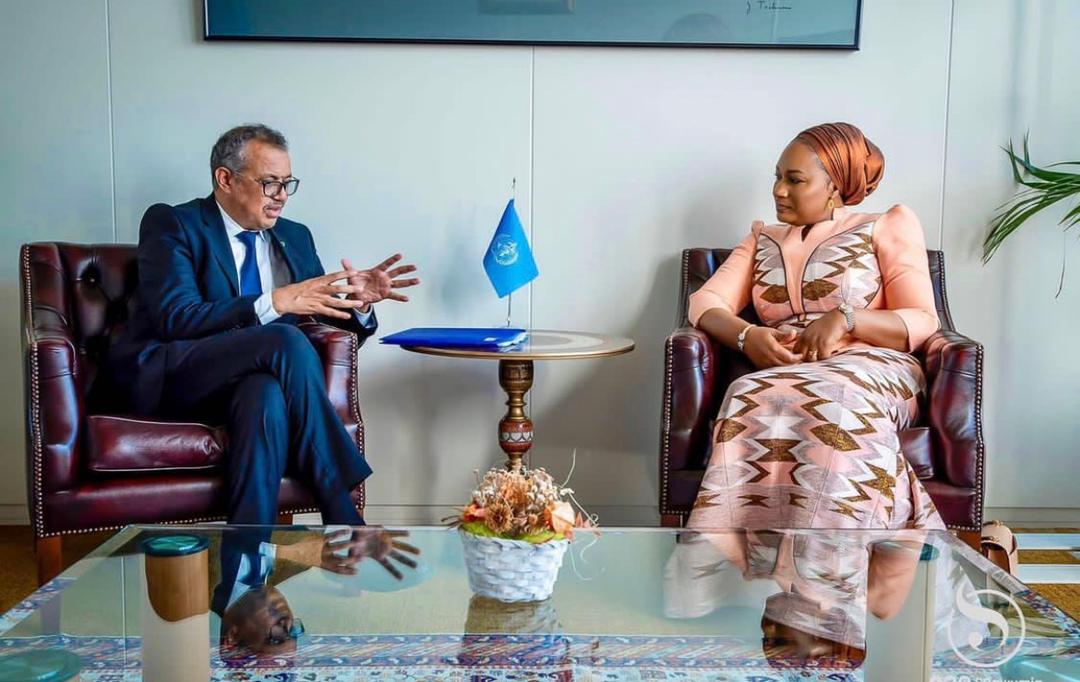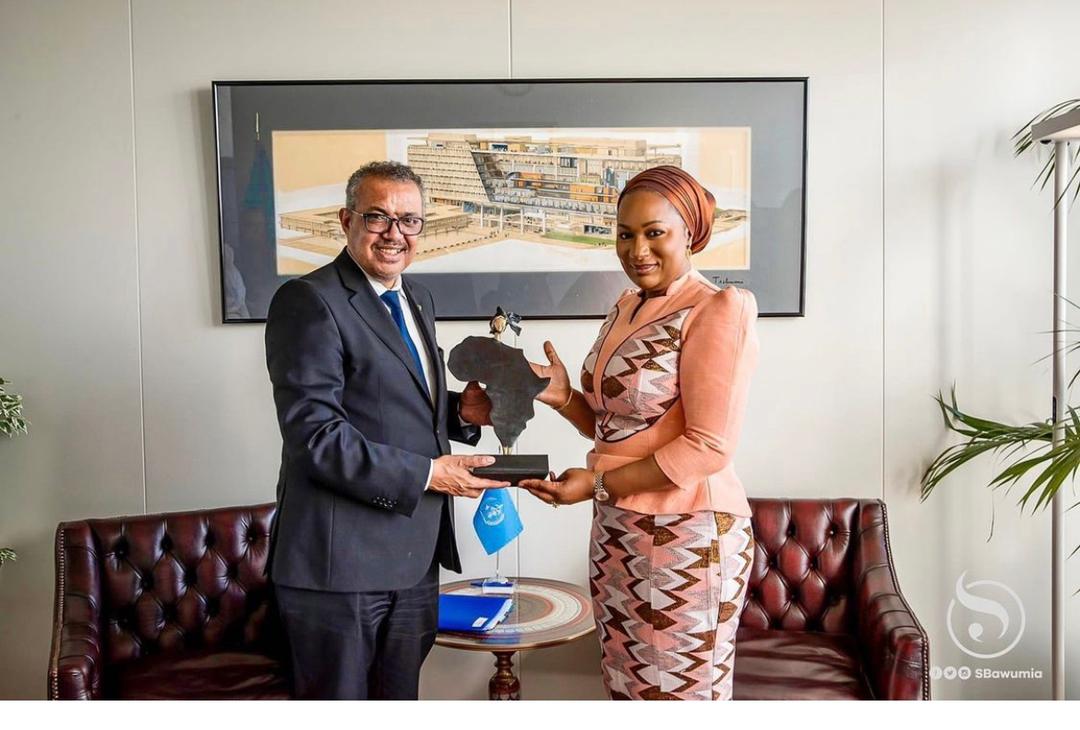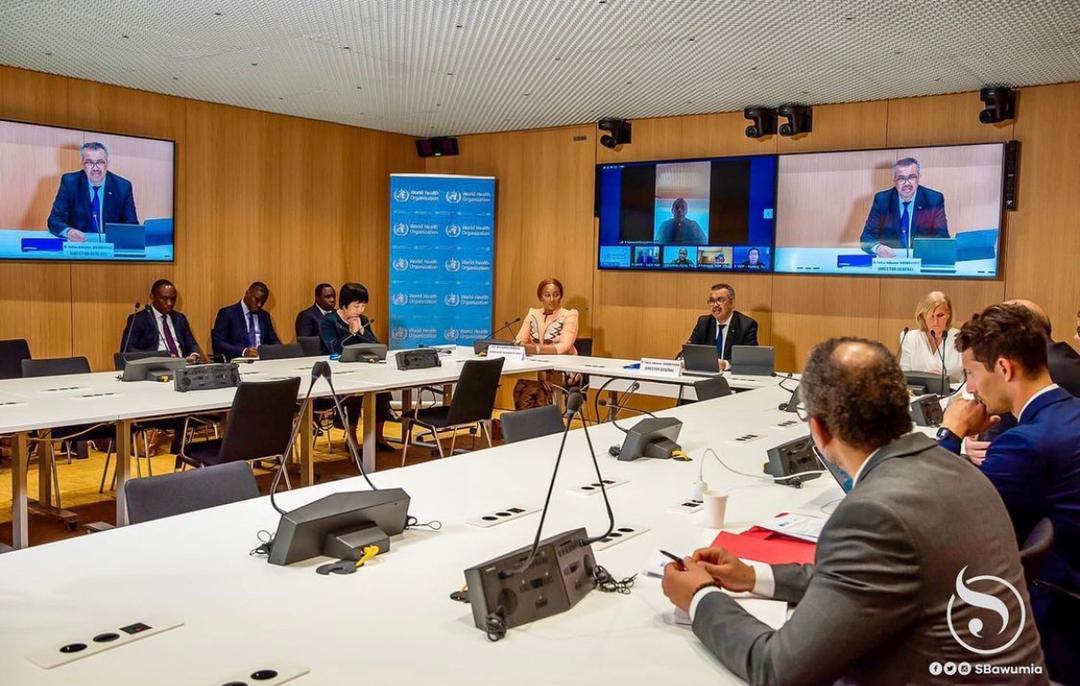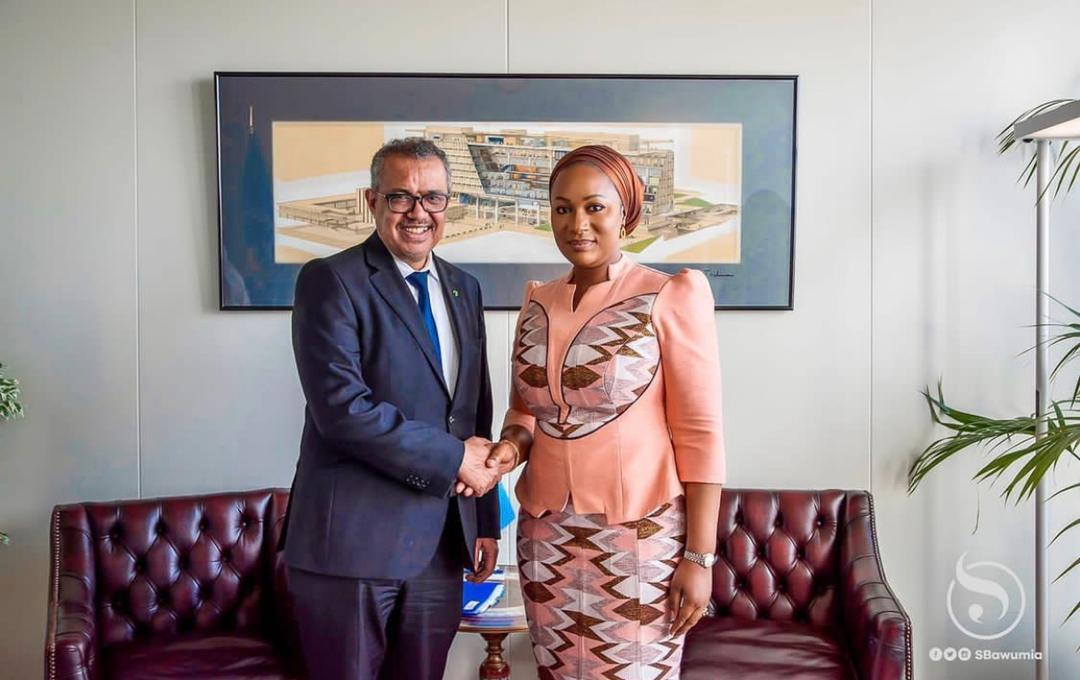“We cannot reach our goal of delivering on these goals on clean cooking without addressing the way people cook and accelerating energy access to healthcare facilities”.
“Without additional support policies, clean cooking could become unaffordable for about 470 million people by 2030”.
Ghana’s Second Lady, Her Excellency Mrs. Samira Bawumia, a champion of clean and safe cooking methods, has appealed to global leaders to allocate funds to expand access to clean energy.
Mrs. Bawumia, an Ambassador for the Global Alliance for Clean Cookstoves, expressed concern about the latest energy trends, which suggest the likelihood of missing the global target of universal access to clean energy by 2030.

Addressing a High-Level Coalition on Health and Energy at the Health and Energy Platform for Action (HEPA) of the World Health Organisation (WHO), Mrs Bawumia pointed out that “our approach thus far may not have been as effective as should be”.
She identified financing as a critical factor needed to achieve universal access to clean energy by 2030. Hence her call for concerted efforts “to double our investments by allocating the funds needed to increase the adoption of clean energy access”.

As part of the eminent personalities and global icons for clean energy by WHO, Mrs. Bawumia added that to reach full access to clean cooking by 2030, about 280 million people each year need access, which is five times the improvements seen in the period before the pandemic.
Additionally, the Clean Cooking Alliance estimates that an annual investment of USD $4.5 billion is required to achieve clean cooking for all.
Hajia Samira’s speech was delivered to scores of global leaders at the event and streamed across several international channels.

She however firmly believes that the goal is intrinsically linked with accelerating energy access to healthcare facilities.
Therefore, she advocates the need “to continue mobilizing and strengthening, increased multi-stakeholder engagement, particularly political and technical cooperation amongst these sectors.
“I urge more action be taken to integrate household energy solutions while accelerating the electrification of healthcare facilities to achieve success not just for our present generation but all generations to come,” she stressed.
Having championed awareness and adoption of clean fuel and cooking stoves in recent years, she observed that interventions to improve energy access have focused mainly on electricity access and have often neglected non-electricity household energy access.
She was particularly concerned that: “Clean cooking continues to be an overlooked climate solution, despite its ability to reduce forest degradation, improve health, empower women, protect the environment, and help achieve numerous other Sustainable Development Goals (SDGs).

In view of that, she was delighted that the ongoing HEPA meeting in Geneva focuses on accelerating clean cooking access and electrification of healthcare facilities.
“This means clean cooking is now being given the attention it deserves, and we need to continue advocating and investing in the sector,” she noted.
This year’s High-Level Coalition on Health and Energy is the second conference since the maiden edition in 2019.
It is an initiative spearheaded by WHO Director-General Dr. Tedros Adhanom Ghebreyesus to strengthen the cooperation between health and energy sectors, increase political momentum, spur investments, mobilise public support and drive practical solutions.
Presently, the Coalition includes 12 Ministers of Health and Energy, 14 heads of international organisations (including UNICEF, GAVI, UNHCR and UNDP) and two Health and Energy Champions.
The Coalition hopes to expand its membership to execute its mandate for maximum global impact.
















